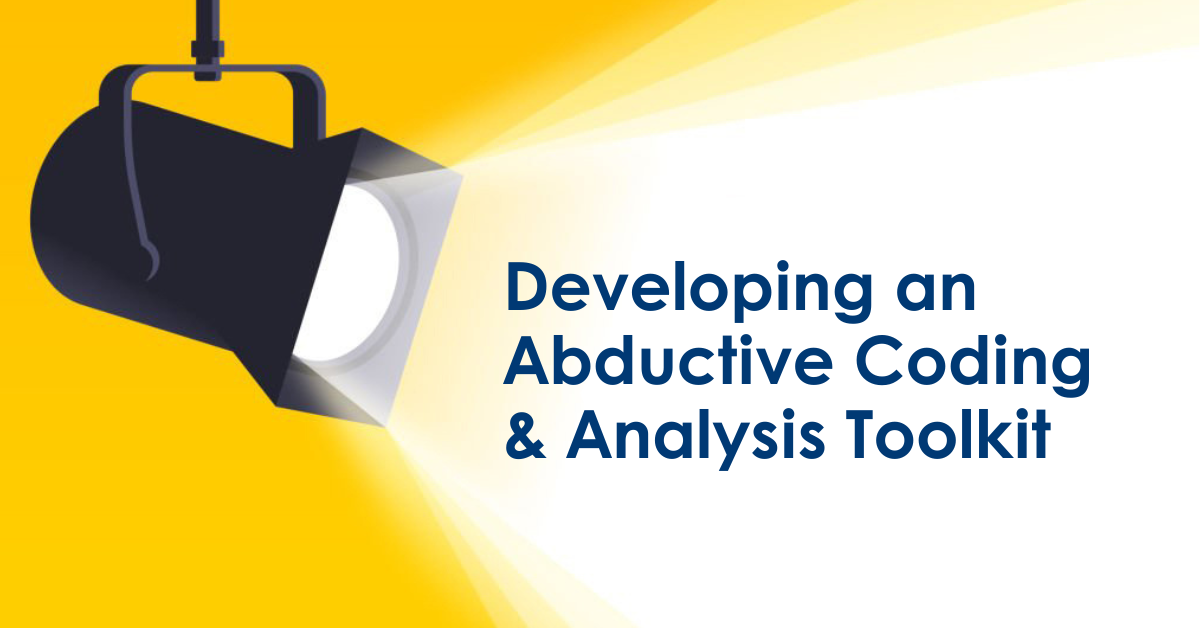EVALCORP is excited to announce a new international research collaboration. This summer we began partnering with professors at UCLouvain, a Belgian University, on a project funded by a grant through the European Research Council (ERC)—the scientific funding body of the European Union. This particular grant awards funding to researchers to explore ways that academic research may be useful within the private sector.
This project is rooted in a collaboration between Dr. Luis Vila-Henninger of EVALCORP and researchers at UCLouvain that began over seven years ago while Dr. Vila-Henninger was working in Belgium as a post-doctoral fellow. Professor Virginie Van Ingelgom (Principal Investigator) and Professor Claire Dupuy (Principal Collaborator) received a €1.5 million grant ($1.64 million) from the ERC to study how public policy shapes public opinion about the European Union. The research for this project involved reanalyzing different types of qualitative data (including various focus groups and interviews) from research projects that spanned over 30 years. The size and scope of the project, the different types of data sets, and the larger research team provided something of a methodological puzzle. Through a combination of teamwork and an intensive exploration of qualitative methods, the researchers were able to bring everything together to finish coding the data for the project.
The methodological insights generated by qualitative coding inspired the team to write a paper to explain how they conducted their research so that others could benefit from this approach. This effort was led by Dr. Luis Vila-Henninger, Professor Claire Dupuy, and Professor Virginie Van Ingelgom. The paper was published in 2022 in Sociological Methods & Research, a top methods journal in the field of sociology. (It has an impact factor of 6.5, which is extremely high for a methods journal!)
Their article, “Abductive Coding: Theory Building and Qualitative (Re)Analysis,” expands upon initial research on abduction. Abduction is a form of reasoning developed by philosopher Peirce Charles in the 1930s and was adapted for sociology in 2012 by Timmermans and Tavory. The use of abduction in sociology is a response to grounded theory, the predominant mode of qualitative analysis in social science. Grounded theory privileges letting the data speak for itself over imposing an analytic framework on the data.
Developed in the 1960s, grounded theory emphasizes being immersed in the research field and using inductive reasoning. In more recent years, research circumstances less frequently match the central requirements of grounded theory. This is why abduction has been a promising method. It aims for a “creative inferential process” in order to generate insight. Abduction allows researchers to draw from theoretical expectations to develop a set of guidelines to initiate research, but uses insight generated by surprising results to expand upon the foundational theory. Timmermans and Tavory’s initial research on abduction was extremely insightful but did not provide concrete guidelines on how to code abductively.
The 2022 article written by Dr. Vila-Henninger and his collaborators expands on this previous work in three major ways: First, it fills a gap by creating a concrete set of tools for abductive coding; this toolkit balances the organization necessary for a large-scale team-based research project with the flexibility that is important for grounded theory. Secondly, it demonstrates how research teams can successfully utilize abductive coding methods to complete a secondary analysis project. Lastly, it generates insight into how to use qualitative data analysis software to create a formalized strategy to use code equations for data reduction in large data sets.
Since its publication, the article has been cited by over 100 publications by lead authors affiliated with institutions from over 30 countries that span every continent except Antarctica, and has been downloaded or viewed over 22,000 times. Citations have been found in publications ranging from peer-reviewed journal articles to bachelor’s theses. These citations show the international and wide-ranging appeal of this cutting-edge work:
Percentage of 1) Count of Country of Lead Author’s Host Institution (N=104)

Total number of citing countries: 33
Percentage of Citing Publications by Document Type (N=104)

The article has even been cited outside of the university environment. When two of Dr. Vila-Henninger’s collaborators on the article—Professor Virginie Van Ingelgom and Professor Claire Dupuy, who both work in the political science department at UCLouvain—noticed that the article was cited in a blog post by software developer Delve Tool, this encouraged them to apply for more grant funding. The European Research Council provides additional funding if one of its grant-funded projects generates findings that are useful for the private sector. Professors Van Ingelgom and Dupuy received this funding for €150,000 ($164,000) and reached out to Dr. Vila-Henninger, now working here with us at EVALCORP, to collaborate on exploring private sector applications of abductive coding.
We recently completed the first phase of this project, which entails a literature review that traces the citations of the 2022 article on abductive coding in qualitative methods to conduct market research. To do so, Dr. Vila-Henninger coded around 100 publications that cited the article, in addition to over 50 publications that cite similar work on abductive coding.
EVALCORP has used findings from the first phase to begin writing a detailed report that will inform a qualitative methods workshop held at our headquarters in late November. We are excited to be a part of this international research project with our partners at UCLouvain and for the opportunity to work on developing an abductive coding analysis toolkit and software for the private sector.

